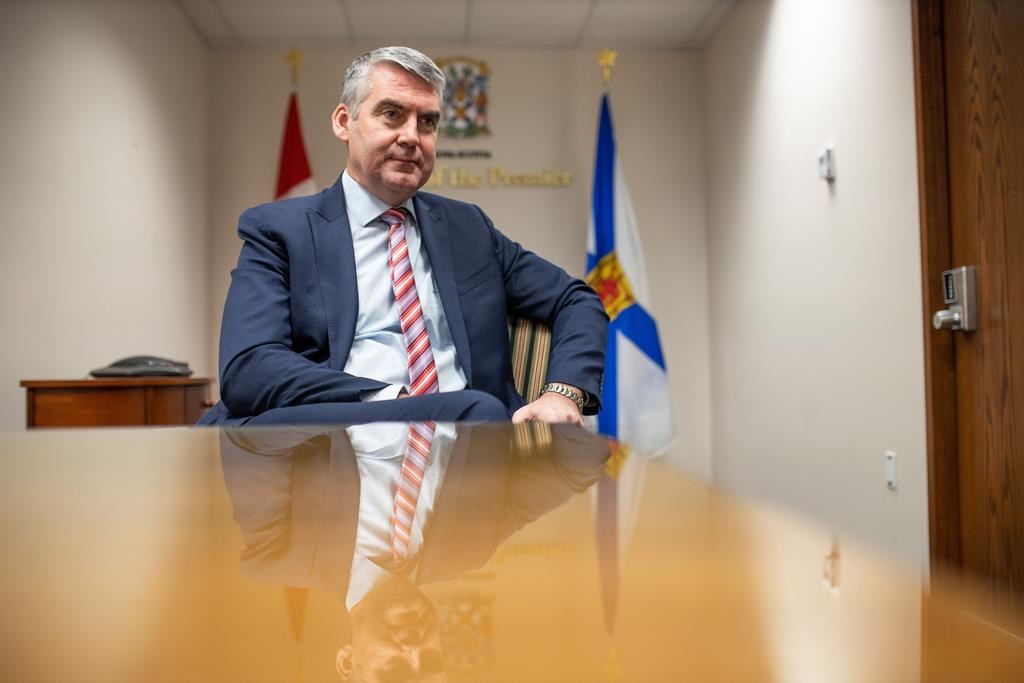Nova Scotia’s premier says a pair of byelection losses does little to change the dynamic for his governing Liberals in the provincial legislature.

Stephen McNeil made the comment a day after votes held on Tuesday saw the Tories take the riding of Truro-Bible Hill-Millbrook-Salmon River and the NDP retain Cape Breton Centre.
The outcomes leave the Liberals with 26 of the House of Assembly’s 51 seats, while the Progressive Conservatives now have 18, the NDP five, and there are two Independents.
McNeil said his government is facing the same situation in terms of the numbers it has in the legislature as it did before the byelections.
“They are no different really for me than they were coming in,” he said. “These have not been seats that we’ve held … and our numbers are the same.”
READ MORE: Nova Scotia Progressive Conservatives, NDP earn victories in pair of byelections

Get breaking National news
In the Truro-area riding, Tory candidate Dave Ritcey outdistanced Liberal Allan Kennedy by a margin of 1,537 votes according to the unofficial final tally by Elections Nova Scotia. The riding had been held by the NDP since 2009, and before that it had been a Tory stronghold.
The Liberals had been looking for a closer result in Cape Breton Centre, a riding candidate Dave Wilton had held for a two-year period between 2015 and 2017.
However it is considered an NDP bastion and the party’s candidate Kendra Coombes, a Cape Breton Regional Municipality councillor, comfortably beat Wilton by an unofficial margin of 740 votes.
Progressive Conservative Leader Tim Houston said he hopes the new configuration in the legislature will lead to more collaboration on the part of the government.
“It can be a toxic place when the Liberals have had a strong majority,” said Houston. “Maybe that will change, but it certainly makes them pay closer attention to what they are doing on the floor of the legislature.”

McNeil said his caucus learned during a house sitting that concluded on Tuesday that it must work cohesively and he doesn’t see that changing. The Speaker typically doesn’t vote on government bills, and it’s likely the fall sitting will see a number of whipped votes.
“The House leader did a great job on it (this time), but all of the members recognize that you’ve got to be at the house,” McNeil told reporters.
The Liberal majority shrunk last month with the abrupt resignation from caucus by Hugh MacKay, who now sits as an Independent following an impaired driving charge.







Comments